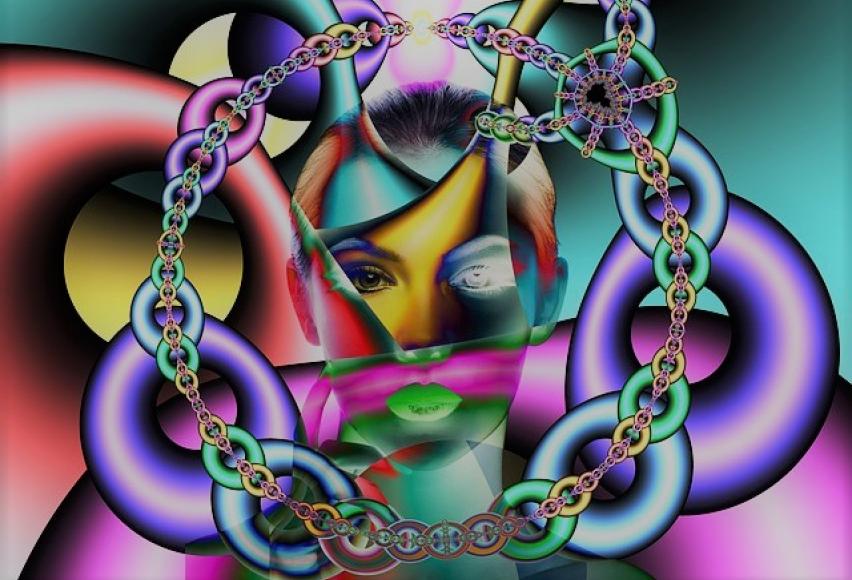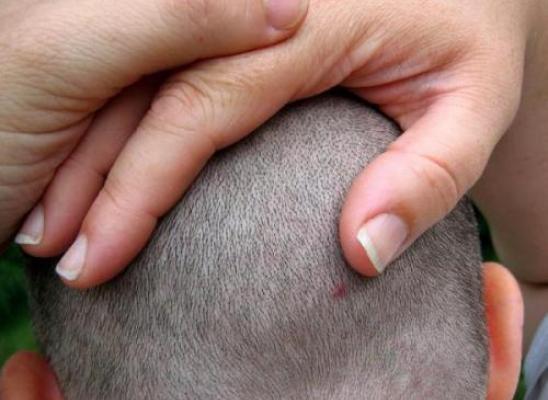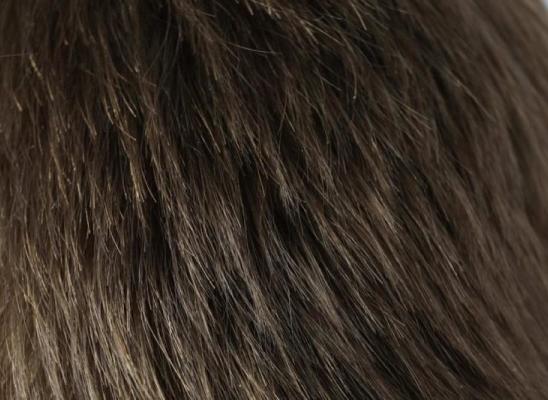Naltrexone and trich?

Online test
Find out the severity of your symptoms with this free online test
Naltrexone (ReVia and Vivitrol) is an opioid antagonist which is used for opiate and alcohol dependence. It works by blocking the opioid receptors in the brain which produce the high associated with substances, but research suggests it can be used for other compulsive behaviors.
Naltrexone is not Narcan
Naltrexone is not to be confused with naloxone. More commonly known as Narcan, naloxone blocks the effects of opioids within two minutes and is used as an emergency medical intervention to prevent overdose. Naltrexone works slower, with effectiveness occurring after 30 minutes and lasts much longer. It does not work with people who currently use a substance, instead, it is used for maintaining sobriety by reducing the urge to use and then blocking the effects.
What does the Research Say?
The reduction in urges is what interested researchers. An urge is essentially a compulsion, so if naltrexone could reduce the compulsion to use drugs or drink, what other compulsions could it help? A randomized, double-blind, placebo-controlled study of 25 people with kleptomania found that naltrexone “demonstrated statistically significant reductions in stealing urges and behavior.” Other research showed slight improvements over the placebo for kleptomania, trichotillomania, and impulse control disorders, but not enough to be statistically significant. Finally, a randomized controlled study of naltrexone on 51 people with trichotillomania did not yield significant reductions, but people on naltrexone did show improvement in cognitive flexibility meaning they felt like they had the ability to change the course of their thinking when urges came on. One case study of a patient with severe compulsions comorbid with schizophrenia found naltrexone to be helpful in the short term, but the compulsions returned after two months of treatment.
Conclusions?
The research cited in this article is a couple years old, but it indicates naltrexone might be a promising treatment application when combined with behavioral treatment. Side effects of naltrexone are not any better than some of the other medications used to treat mental health disorders, but more research could clarify whether it is appropriate for managing trich behaviors.
Online test
Find out the severity of your symptoms with this free online test
Start your journey with TrichStop
Take control of your life and find freedom from hair pulling through professional therapy and evidence-based behavioral techniques.
Start Now



